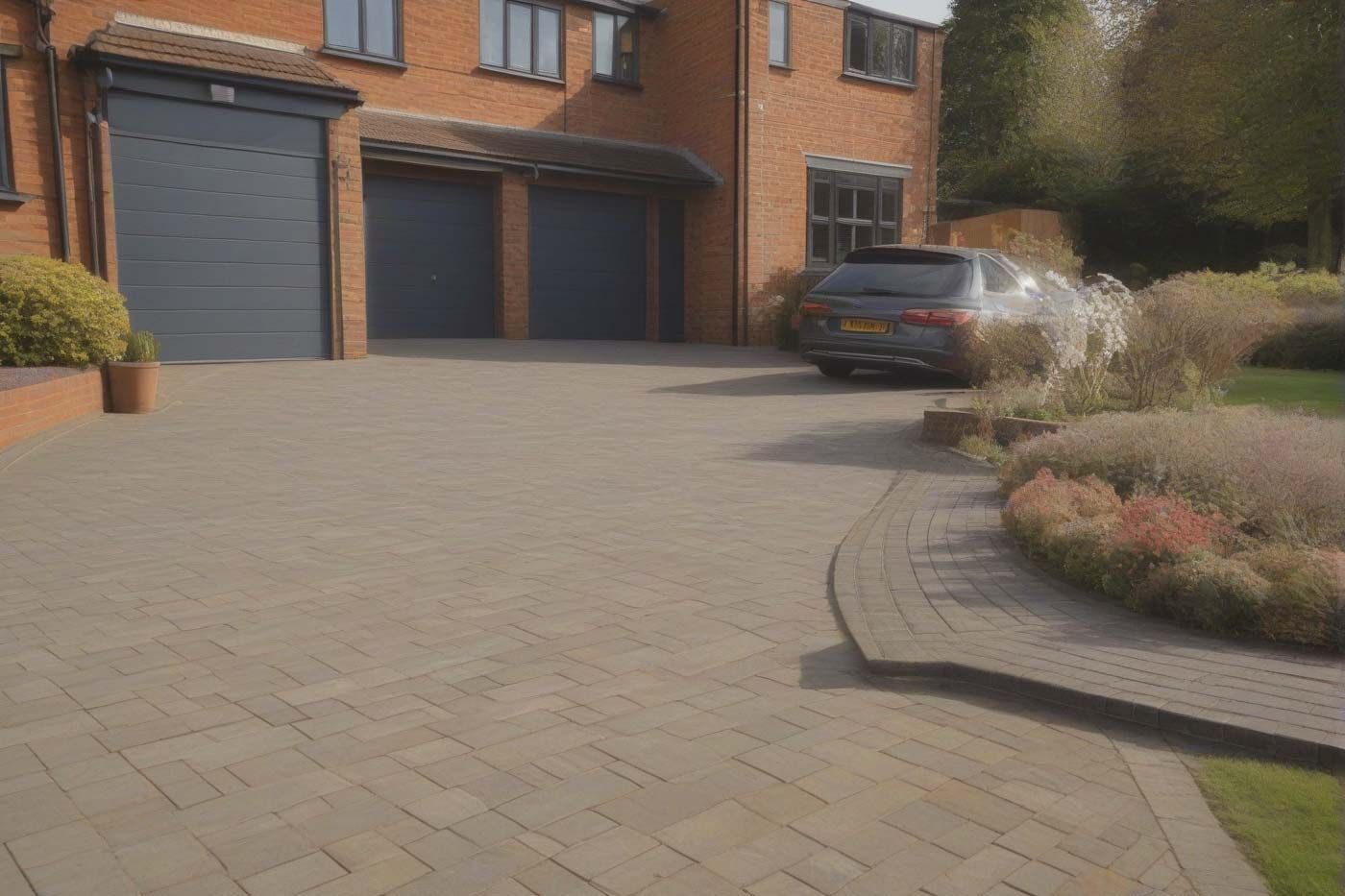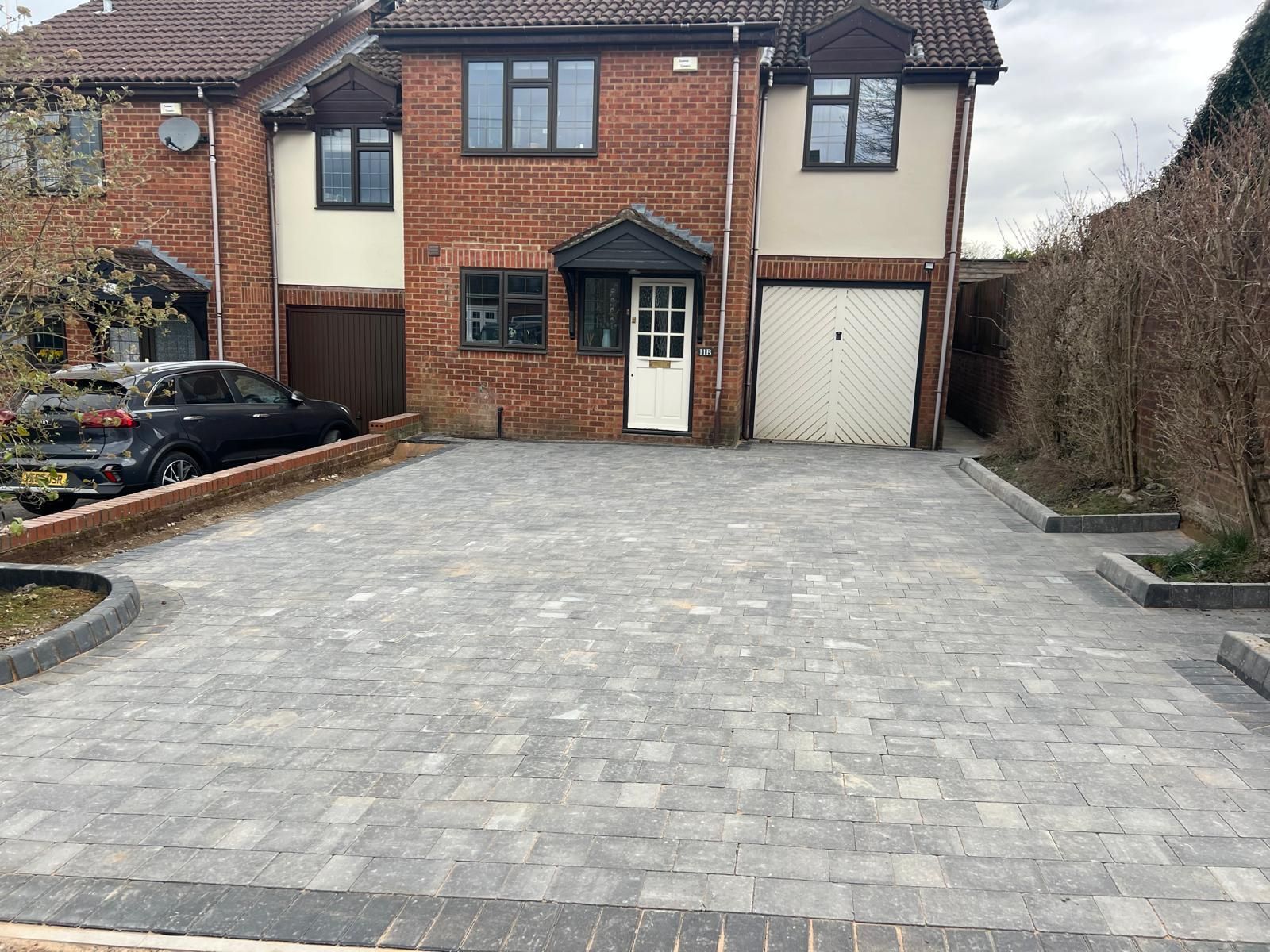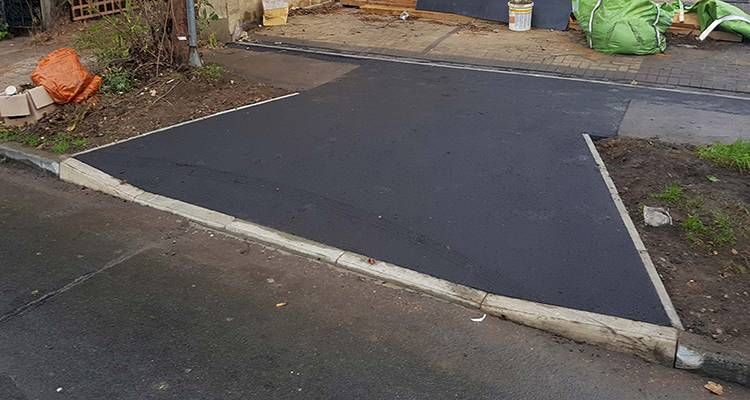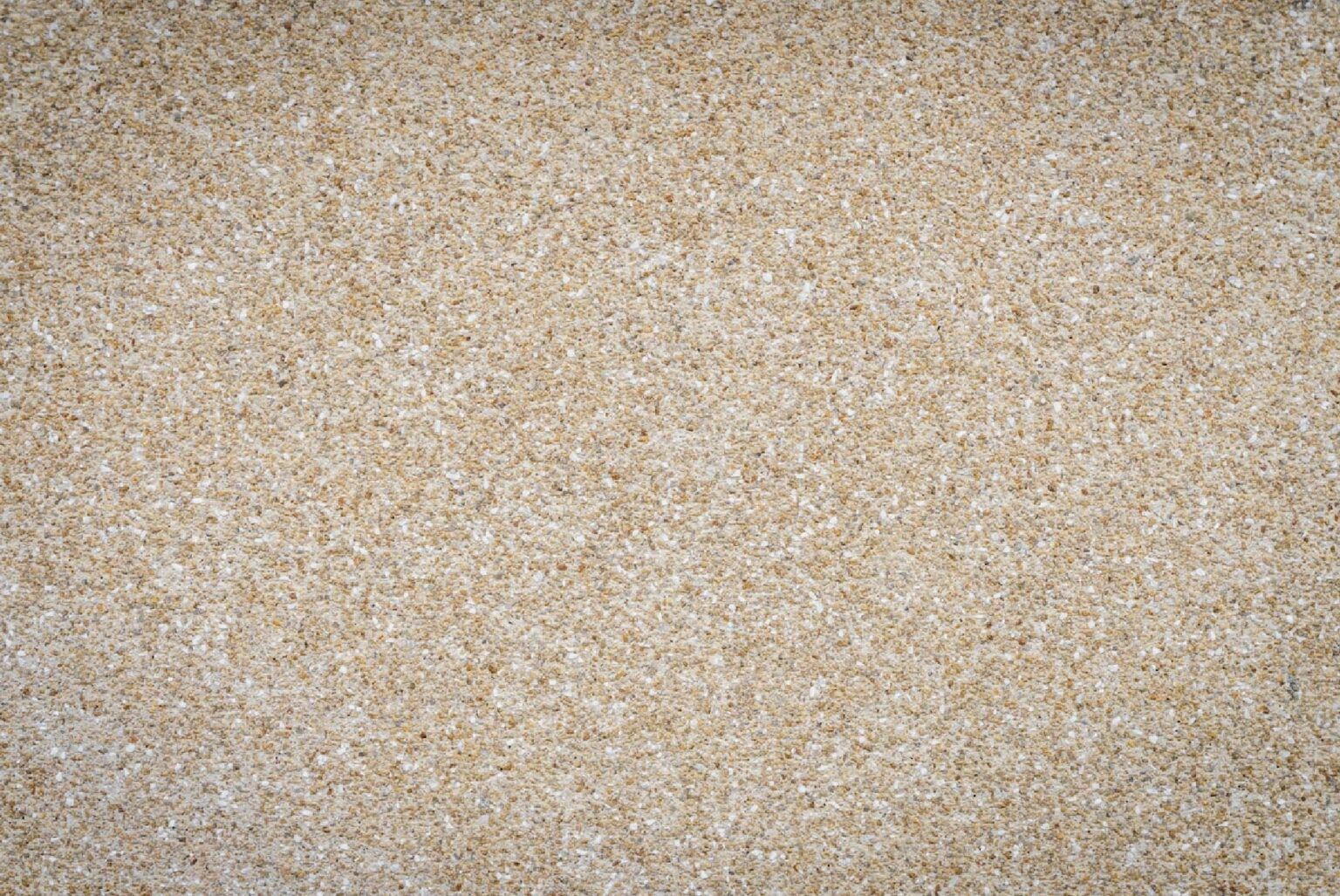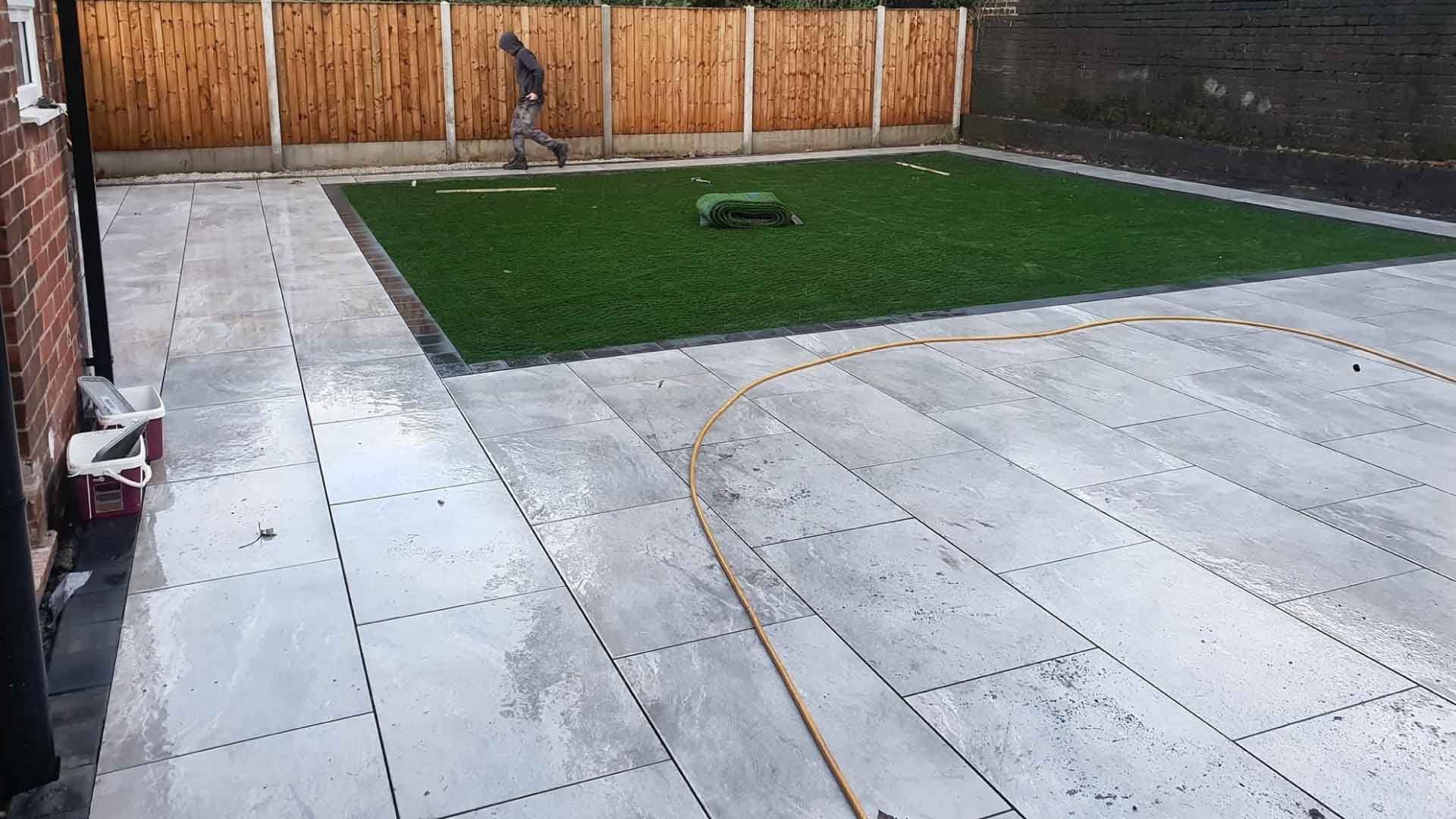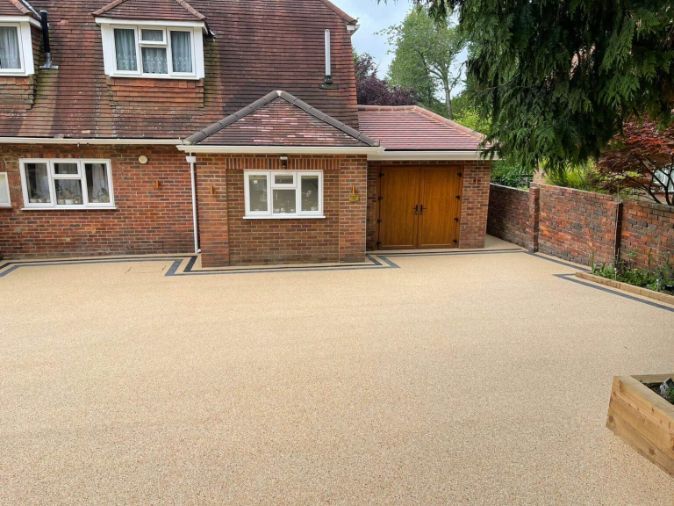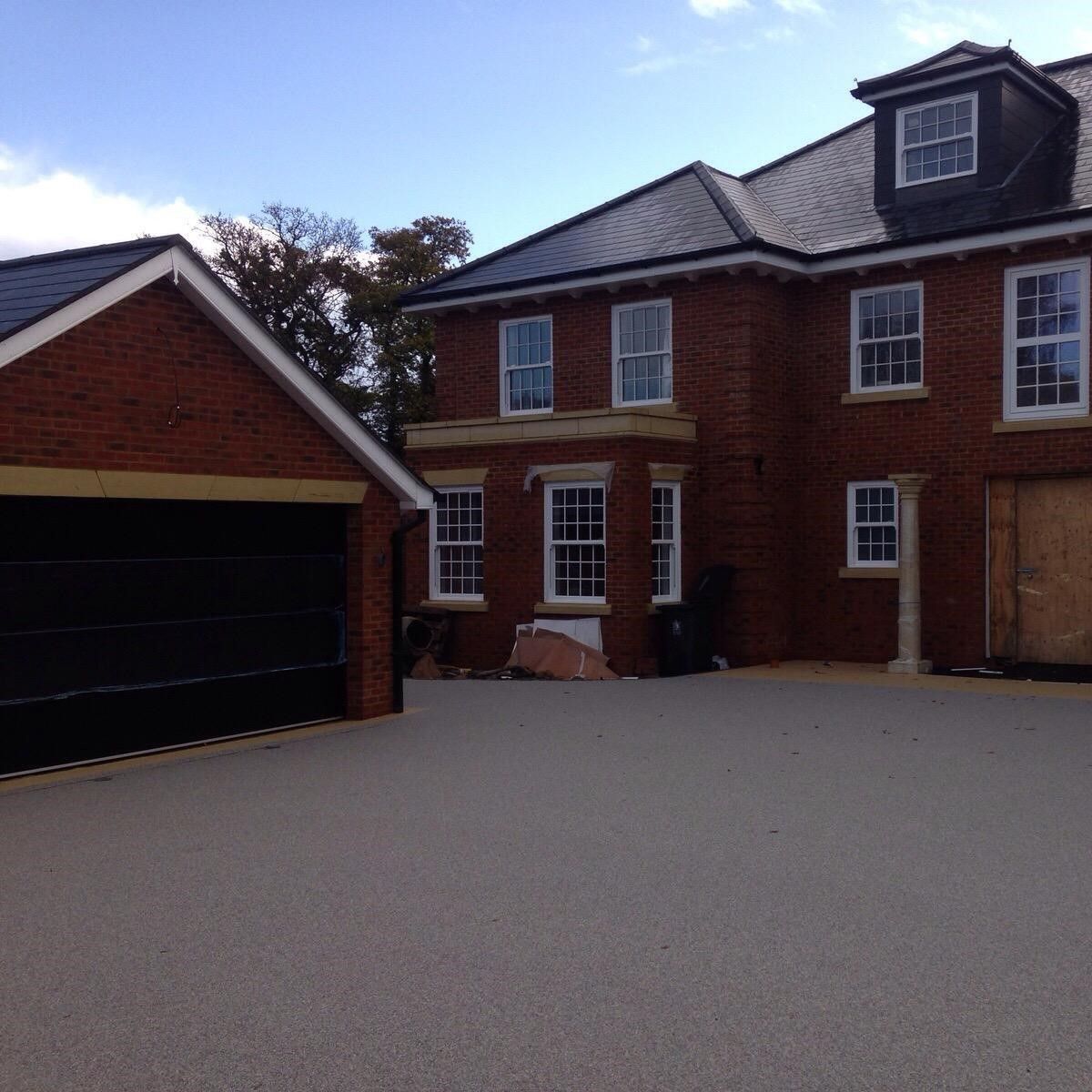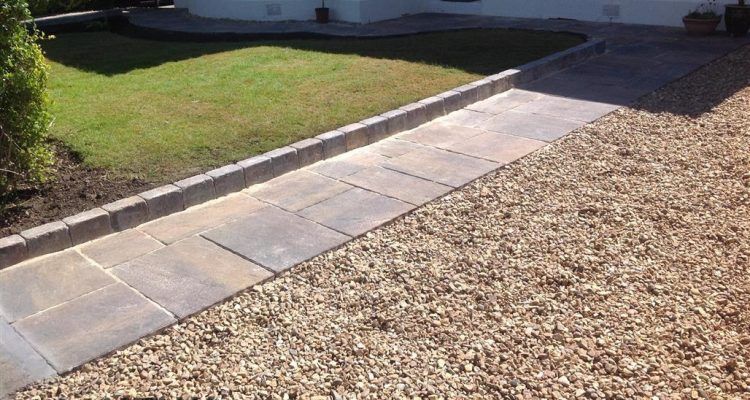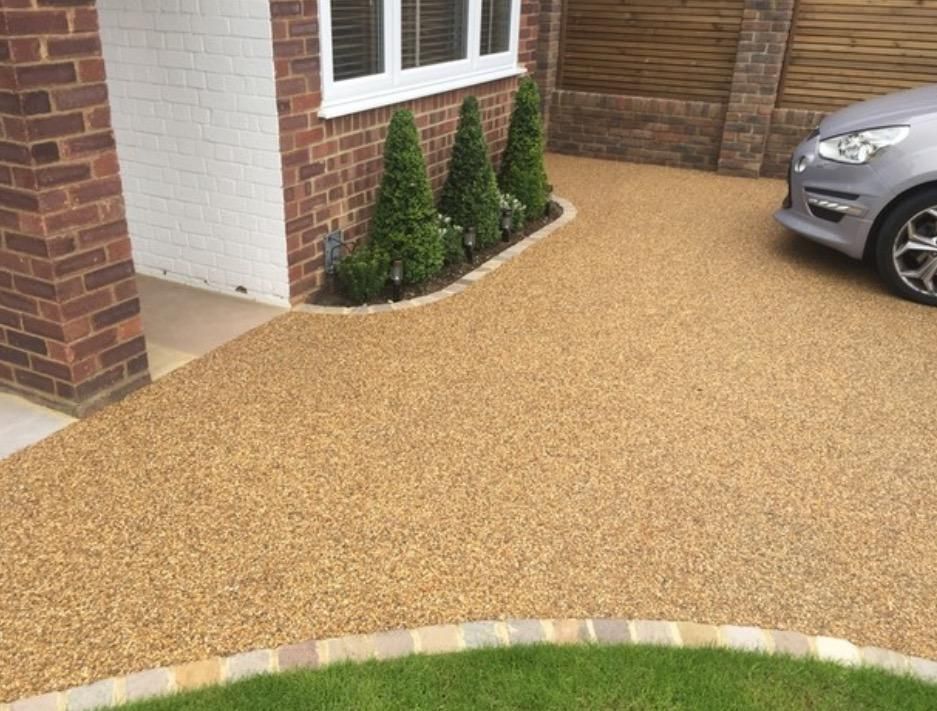What Size Gravel Is Best For Driveways?
A gravel driveway can add charm and functionality to your home’s exterior. However, not all gravel is created equal. Choosing the right size and type of gravel is important for both aesthetics and practicality. Wherever you look, gravel is everywhere, especially on driveways. The UK has thousands of less-used roads that are covered with some form of gravel.
Now, you may ask, What Size Gravel is Best for Driveways?
Most people use
14mm-20mm gravel for their driveways, as larger sizes can be damaging to cars. In this article, we will discuss
the best size gravel for driveways and their benefits. Whether you are building a new driveway or renovating an existing one, understanding which size gravel is best for your needs can make all the difference. So, let’s begin!
What Is Gravel?
Gravel is also known as crushed stone. It is a naturally occurring sedimentary material composed of small rock fragments, ranging from about 2mm to 75mm in diameter. These fragments can be made of various materials, including granite, limestone, sandstone, and basalt, among others.
Gravel is typically formed by the erosion and weathering of larger rocks, and it can be found in rivers, lakes, and oceans, as well as in deposits on land. Due to its durability, affordability, and versatility, gravel is often used in construction projects, landscaping, and roadways. It can also be used for drainage systems, as a base material for concrete, and as a decorative element in gardens and outdoor spaces.
What Size Gravel Is Best For Driveways?
When choosing the best size gravel for a driveway, there are a few factors to consider.
First and foremost, you want to select a gravel size that provides good stability for your driveway. Generally, angular aggregate gravel between 14mm-20mm is ideal.
Larger sizes can cause damage—if gravel gets flicked up by a car, it can be difficult to walk or drive through. Smaller sizes under 10mm should be avoided, as they can become lodged in tyres. That is why gravel between 14mm-20mm creates a compact, stable surface.
In addition to stability, you will also want to choose a gravel size that allows for good drainage. Gravel acts as a permeable surface, allowing water to pass through and drain away from the driveway. Gravel between
14mm-20mm is ideal for drainage, as it provides more space for water to flow through.
What Type of Gravel Is Best For Driveways?
There are many types of gravel available, each with its own unique characteristics and uses. Some common types of gravel include:
- Crushed Stone
This is a popular choice for driveways and landscaping projects. It is available in a variety of sizes and colours and is often used for decorative purposes. It is one of the best gravel options for driveways in the UK. Additionally, this stone and rock combination can easily handle heavy vehicle loads. - Pea Gravel
This small, rounded gravel is commonly used for pathways and as a decorative element in gardens. It is mainly chosen for its aesthetic appeal due to its variety of colours. Spreading pea gravel on a driveway is quite easy, and it offers a maintenance-free, long-term solution. - Quarry Process
For both walkways and driveways, this combination of stone dust and crushed stone works exceptionally well. The stone dust gradually settles, creating a semi-solid surface that is smooth to drive on. - Marble Chips
Among the more expensive gravel options, marble chips sparkle in the sunlight and look stunning. These white stones are unmatched for aesthetic appeal. However, to maintain their shape and appearance, a border or stabilisation is required. - Limestone
A popular choice for driveways and walkways due to its durability and affordability. It is available in a variety of sizes and colours and is known for its excellent drainage properties.
How Much Gravel is Needed for a Driveway?
To calculate how much gravel you need for your driveway, consider the size of your driveway, the desired thickness of the gravel layer, and the gravel size you are using.
A general rule of thumb for how much gravel is needed for a driveway is approximately one tonne of gravel per 100 square feet of driveway for a 2-3 inch layer of gravel.
If we consider different gravel sizes and their coverage:
| Gravel Size | Coverage Area Per Tonne |
|---|---|
| ¼ inch to ½ inch | 100 square feet |
| ½ inch to 1 inch | 90 square feet |
| 1 ½ inches to 2 inches | 80 square feet |
How Long Will a Gravel Driveway Last?
If properly maintained, a gravel driveway can last 10-12 years. Adding new gravel every 5-7 years and redistributing the gravel from the sides to the centre once a year can extend its lifespan to 15 years.
Do You Need Permission for a Gravel Driveway Installation?
Generally, no planning permission is required, as gravel is a permeable and porous material that allows water drainage. However, local regulations may vary depending on your area, so it is always best to check with your local council or planning authority.
Final Word
Choosing the right size gravel for your driveway is crucial for stability and drainage. We hope you found the necessary information in this article. Always opt for gravel between 14mm-20mm—avoid anything under 10mm or over 20mm, as that is the standard size for driveways.
If you are interested in installing a gravel driveway, P&M Kelly provides expert driveway and patio services across the UK.

